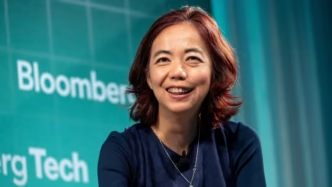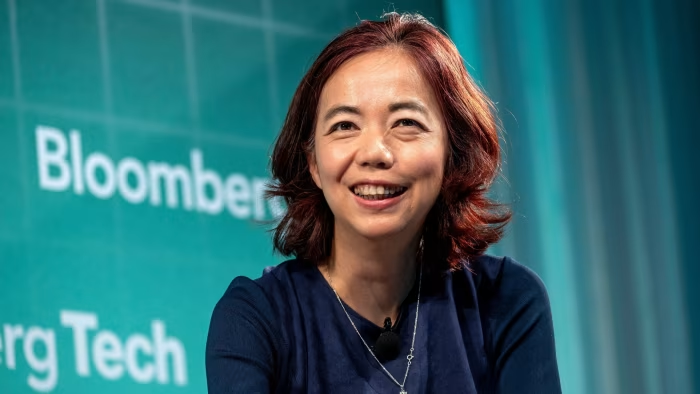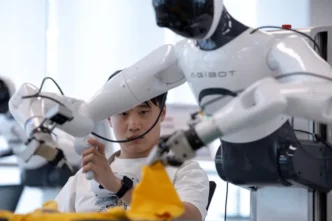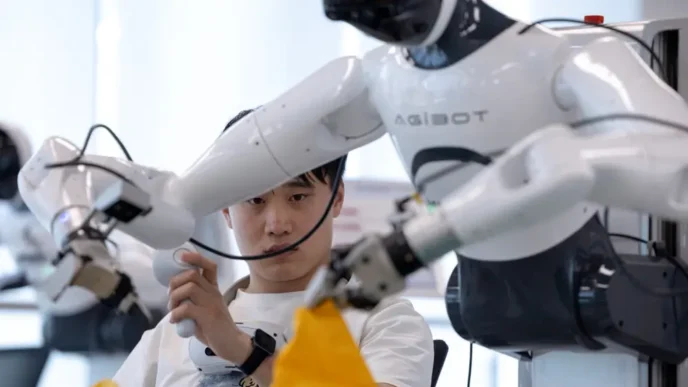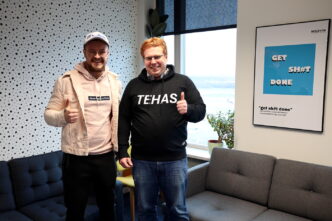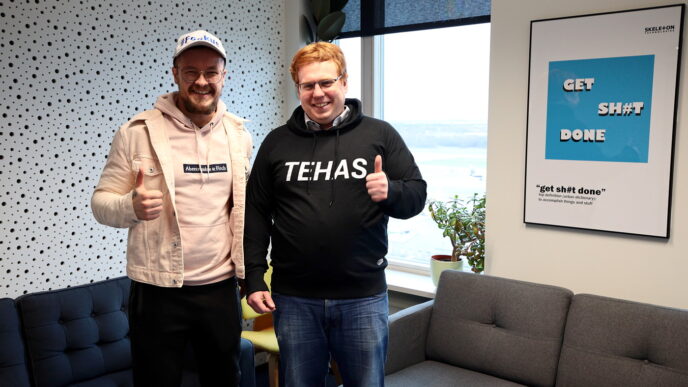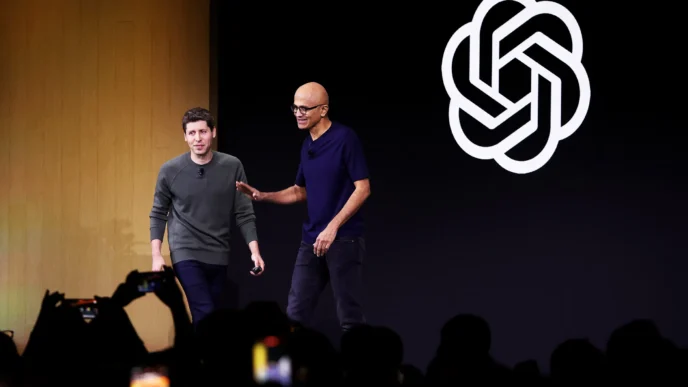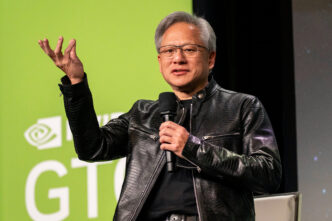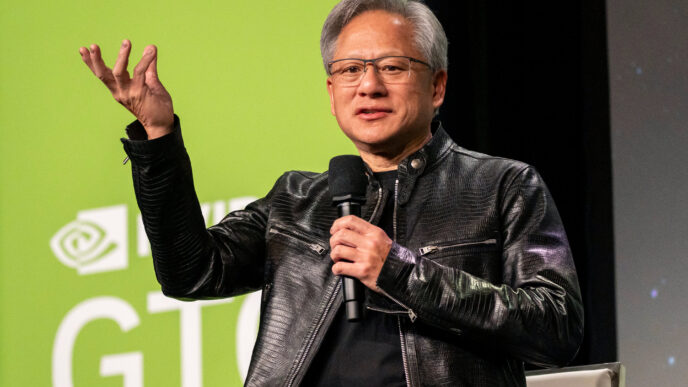Fei-Fei Li is celebrated today as one of the most influential voices in artificial intelligence, but her path into the spotlight began far from Silicon Valley labs. Long before she became known as the Godmother of AI, long before she created ImageNet or launched her billion dollar startup World Labs, she was helping her parents keep a small dry-cleaning shop alive in New Jersey. Her journey shows how grit and curiosity can shape a scientist even before the science begins.
When Fei-Fei Li moved from China to the United States at fifteen, she entered a world where every dollar mattered. Her parents worked in cashier jobs, and she took whatever work she could get, including shifts in a Chinese restaurant, just to help the family stay afloat.
Those years were demanding. Yet, instead of being discouraged, she learned to see every challenge as part of the story she was building. At one point, her family decided to run a tiny dry-cleaning shop in Parsippany.
Li jokes that she became the CEO by default, but the responsibility was real. She managed customer calls, handled billing and inspections, and made sure every part of the business functioned smoothly. She did this from age eighteen until the middle of her graduate studies.
Even after she left New Jersey to pursue a PhD at Caltech, she supervised the shop remotely. Running a storefront while studying advanced computer vision was an unusual pairing, but it taught her something she still carries. She often says that resilience is not optional for immigrants or scientists.
Both paths are filled with uncertainty. Both demand constant problem solving. Science rarely follows a straight line. Experiments fail. Ideas fall apart. Visionaries push through. Li learned that pattern long before she ever trained a neural network.
Her academic path took her through Princeton, where she majored in physics before shifting into computer science. She stayed close to her parents during those years, still helping with the family shop while building the foundation for her research career.
By the time she co-created ImageNet, the dataset that helped ignite the deep learning wave, she already understood the value of patience and grit better than most. Her immigrant childhood had shaped the same mindset required in AI research: observe, adapt, and persist.
Today, Fei-Fei Li’s focus has shifted toward what many call the next frontier of artificial intelligence. At World Labs, her fast-growing startup now valued at more than one billion dollars, she is developing advanced world models.
These systems are built to give AI something closer to human-like understanding of space, movement, and physical interaction. Li explains that spatial intelligence is the ability for AI to perceive, reason, and engage with the world around it. It builds on visual intelligence, the same foundation that drove her earlier work with ImageNet.
The idea behind world models is simple to describe but incredibly complex to build. Large language models have transformed how we use AI, but they are grounded in text. They excel at patterns in language, not physical reality. World models offer a more active form of intelligence.
Instead of only understanding words, systems trained with spatial data can learn how things move, how environments work, and how different objects relate to one another. Many leading AI researchers believe this shift is essential if AI is ever going to take real action in the real world.
Li’s belief in this direction is shared by others at the top of the field. Meta’s Chief AI Scientist Yann LeCun has voiced similar ideas and recently stepped down to launch his own world model startup. The momentum is clear. The next phase of AI is not just about understanding sentences, but understanding the world enough to navigate it, interact with it, and make decisions beyond the screen.
For Li, the connection between her work and her story feels natural. She always describes herself as a curious child. Science became the place where that curiosity could grow. She says she was never drawn to the distractions many teenagers chase. Instead, she dove deeper into physics, math, and computing. Curiosity anchored her. It gave her something steady during her family’s most difficult years. It offered a sense of direction when nothing else felt predictable.
And that same curiosity still guides her. It helped her build ImageNet, a project many once dismissed as unnecessary, but which later changed the trajectory of AI research. It helped her invest early in the idea of visual understanding. And now, it is pushing her toward a future where AI can not only interpret the world but interact with it in useful and safe ways.
The story of Fei-Fei Li is not simply a tale of scientific brilliance. It is a reminder that innovation often begins in unexpected places. A dry-cleaning counter. A small shop phone that never stopped ringing. A teenager translating English for customers while dreaming about physics. These details shaped the mindset that later shaped modern AI.
Her rise from an immigrant teenager in a family struggling to survive to a world-class scientist leading a billion-dollar venture reflects the same lesson she tries to teach the next generation. Talent matters. But resilience matters more. Curiosity matters most of all.
The world of AI is always evolving, and so is Fei-Fei Li. Her journey proves that the next major breakthrough may come from someone who is facing challenges that look nothing like scientific work. Yet, those challenges may be training them for something far greater.
